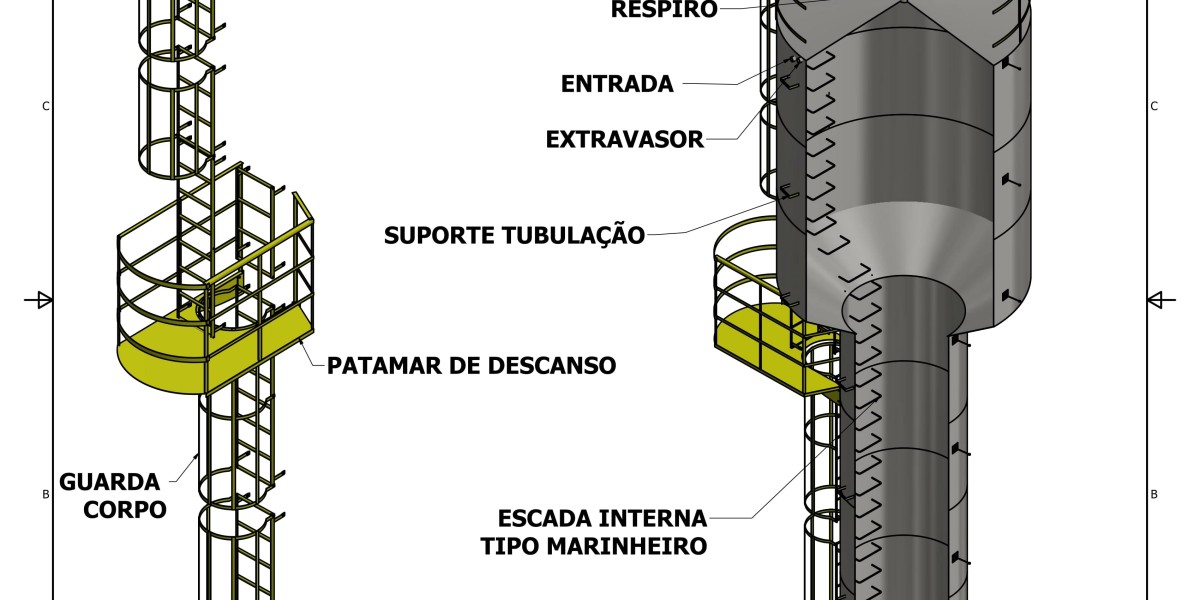One of the most significant advancements in the field of self-help is the integration of technology into personal development tools. With the rise of smartphones, tablets, and wearable devices, individuals now have access to a wide range of apps and online platforms that are designed to help them track their progress, set goals, and stay motivated. For example, there are countless apps that can help individuals develop healthy habits, such as meditation, exercise, or journaling, by providing reminders, tracking progress, and offering personalized recommendations based on user feedback.
Another major development in the self-help industry is the growing emphasis on evidence-based practices and strategies. In the past, many self-help books and programs were based on anecdotal evidence or untested theories. However, with the rise of scientific research in psychology and neuroscience, there is now a wealth of empirical data and studies that support the effectiveness of certain self-help techniques, such as cognitive-behavioral therapy, mindfulness meditation, and positive psychology interventions. As a result, many self-help authors and practitioners are incorporating these evidence-based practices into their work, making their tools and resources more credible and effective.
Additionally, the field of self-help has become more inclusive and diverse in recent years, with a growing recognition of the importance of addressing intersectionality and diversity in personal development. Traditionally, self-help books and programs were primarily targeted towards a white, middle-class audience, with little consideration for individuals from marginalized or underrepresented groups. However, there is now a greater emphasis on creating resources that are inclusive and accessible to people of all backgrounds, identities, and experiences. This includes books and programs that address issues such as race, gender, sexuality, disability, and socioeconomic status, as well as tools that are available in multiple languages and formats to accommodate diverse needs and preferences.
 One area of self-help that has seen significant growth and innovation is the use of virtual reality (VR) technology for personal development. VR has the potential to create immersive and interactive experiences that can help individuals overcome fears, build confidence, and practice new skills in a safe and controlled environment. For example, there are VR programs that can help individuals with social anxiety practice public speaking, or help individuals with phobias gradually expose themselves to their fears in a virtual setting. These VR tools are just one example of how technology is being used to enhance traditional self-help techniques and provide new opportunities for personal growth and transformation.
One area of self-help that has seen significant growth and innovation is the use of virtual reality (VR) technology for personal development. VR has the potential to create immersive and interactive experiences that can help individuals overcome fears, build confidence, and practice new skills in a safe and controlled environment. For example, there are VR programs that can help individuals with social anxiety practice public speaking, or help individuals with phobias gradually expose themselves to their fears in a virtual setting. These VR tools are just one example of how technology is being used to enhance traditional self-help techniques and provide new opportunities for personal growth and transformation.Another emerging trend in the self-help industry is the integration of holistic and integrative approaches to personal development. While traditional self-help focused primarily on improving specific aspects of one's life, such as career success or relationship satisfaction, there is now a growing recognition of the interconnectedness of mind, body, and spirit in personal growth. As a result, many self-help authors and practitioners are incorporating practices from complementary and alternative medicine, such as yoga, meditation, acupuncture, and energy healing, into their work in order to provide a more well-rounded and holistic approach to personal development. This shift towards a more integrative and holistic perspective on self-help reflects a broader cultural trend towards wellness and self-care, as individuals seek to cultivate a sense of balance and harmony in all areas of their lives.
Overall, the field of self-help has undergone a significant transformation in recent years, with a greater emphasis on technology, evidence-based practices, inclusivity, holistic approaches, and specialized resources. These advancements have made self-help tools and resources more accessible, effective, and relevant to a wider audience, allowing individuals to take control of their personal growth and create positive change in their lives. As the self-help industry continues to evolve and innovate, it is likely that we will see even more exciting developments in the future, providing individuals with new opportunities for self-discovery, self-improvement, and self-empowerment.







